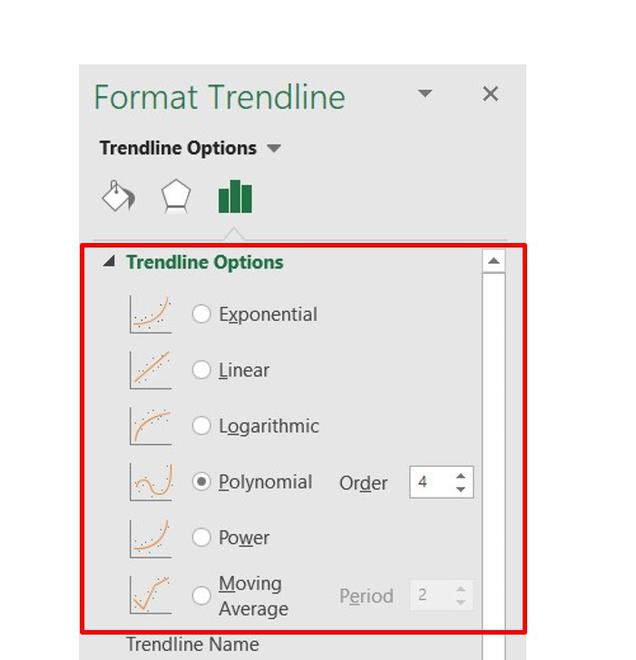

They should enhance your chart, not detract from it. Place Elements Intelligently: Pay attention to where you place titles, legends, symbols, and any other graphical elements. Be concise but use descriptive language, and be intentional about the orientation of any text (for example, it’s irritating to turn your head to read text written sideways on the x-axis). Use Text Wisely: While charts and graphs are primarily visual tools, you will likely include some text (such as titles or axis labels). While it can be fun to experiment with different styles, choose the theme that best fits your purpose. Remove any unnecessary information so your audience can focus on the point you’re trying to get across.Ĭhoose Appropriate Themes: Consider your audience, the topic, and the main point of your chart when selecting a theme. Make It Clean: Cluttered graphs - those with excessive colors or texts - can be difficult to read and aren’t eye catching. Below are the top five best practices to make your chart or graph as clear and useful as possible: Excel also has a variety of preset chart and graph types so you can select one that best represents the data relationship(s) you want to highlight.Īlthough Excel provides several layout and formatting presets to enhance the look and readability of your chart, using them won’t ensure that you maximize the effectiveness of your chart. It’s easy to create charts and graphs in Excel, especially since you can also store your data directly in an Excel Workbook, rather than importing data from another program. You can create a chart or graph to represent nearly any kind of quantitative data - doing so will save you the time and frustration of poring through spreadsheets to find relationships and trends. People often use charts and graphs in presentations to give management, client, or team members a quick snapshot into progress or results. Charts are also considered more visual than graphs, since they often take a different shape than a generic x- and y-axis. Charts are a bit more complex, as they allow you to compare pieces of a data set relative to the other data in that set. Graphs are the most basic way to represent data visually, and typically display data point values over a duration of time. While the terms are often used interchangeably, they are slightly different. No-code required.Ĭharts and graphs elevate your data by providing an easy-to-understand visualization of numeric values. WorkApps Package your entire business program or project into a WorkApp in minutes.

Digital asset management Manage and distribute assets, and see how they perform.Resource management Find the best project team and forecast resourcing needs.Intelligent workflows Automate business processes across systems.Governance & administration Configure and manage global controls and settings.Streamlined business apps Build easy-to-navigate business apps in minutes.Data connections Synchronize data across critical business systems.Secure request management Streamline requests, process ticketing, and more.Process management at scale Deliver consistent projects and processes at scale.Content management Organize, manage, and review content production.Workflow automation Quickly automate repetitive tasks and processes.Team collaboration Connect everyone on one collaborative platform.Smartsheet platform Learn how the Smartsheet platform for dynamic work offers a robust set of capabilities to empower everyone to manage projects, automate workflows, and rapidly build solutions at scale.


 0 kommentar(er)
0 kommentar(er)
